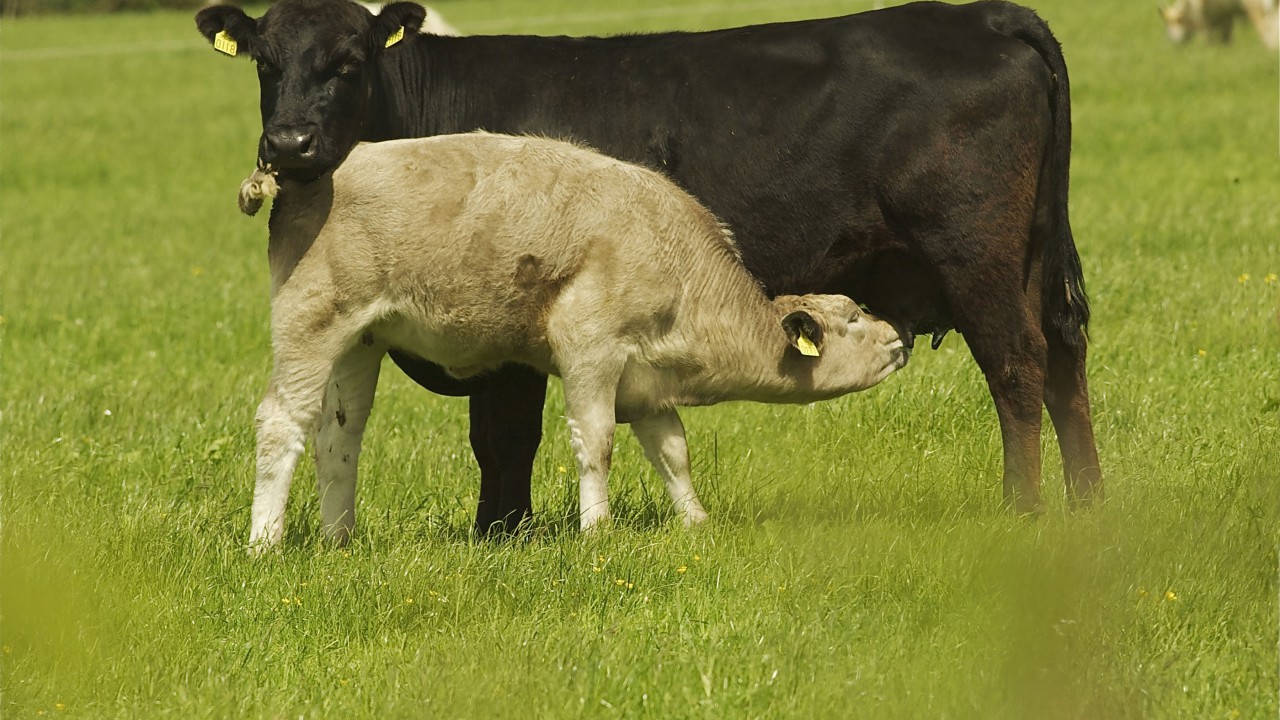European farm organisation, Copa-Cogeca, is warning of tough times ahead for the beef industry.
Days before industry stakeholders are meeting with the Minister for Agriculture, Food and the Marine, Simon Coveney, to discuss the current crisis in Ireland, Copa-Cogeca points to figures for the EU beef sector that show a difficult market situation. It says farmers are being squeezed by a sharp drop in EU beef prices combined with rising production costs.
Pierre Chevalier, Chairman of Copa-Cogeca’s EU beef meat working party, expressed serious concerns over the gloomy situation, warning EU beef prices have dropped on average by 5% since the start of the year compared to last year while input costs, especially feed prices, are rising rapidly. “Even if in the short term, European beef meat production is forecast to increase slightly, long-term prospects are not positive in terms of production and consumption. EU production and consumption are predicted to decrease by around 7% over the period 2014- 2023 compared to the 2010-2012 average, forecasts show, while imports should increase. European production should not be the variable used to adjust the European market. This drop in production and consumption is seriously worrying, and could cause huge social and economic losses in rural areas as the sector plays a key role for growth and jobs in these areas,” he warned.
With food demand on the rise, it is crucial to boost EU beef production, he said. However, European beef meat producers, who comply with the highest production standards in the world, are put at a competitive disadvantage as other countries do not have to meet the same costly regulations and obligations, he warned. “The beefmeat working party will remain vigilant and uncompromising on the controls to guarantee to European consumers that the standards they value so much are respected. EU beef meat producers try to get a fair income from the market, get value from the entire carcass but how can they do that if the market is flooded with low price cuts? In the upcoming bilateral free trade talks, the Commission must ensure that EU production standards are respected and that the European production model is not compromised.”

